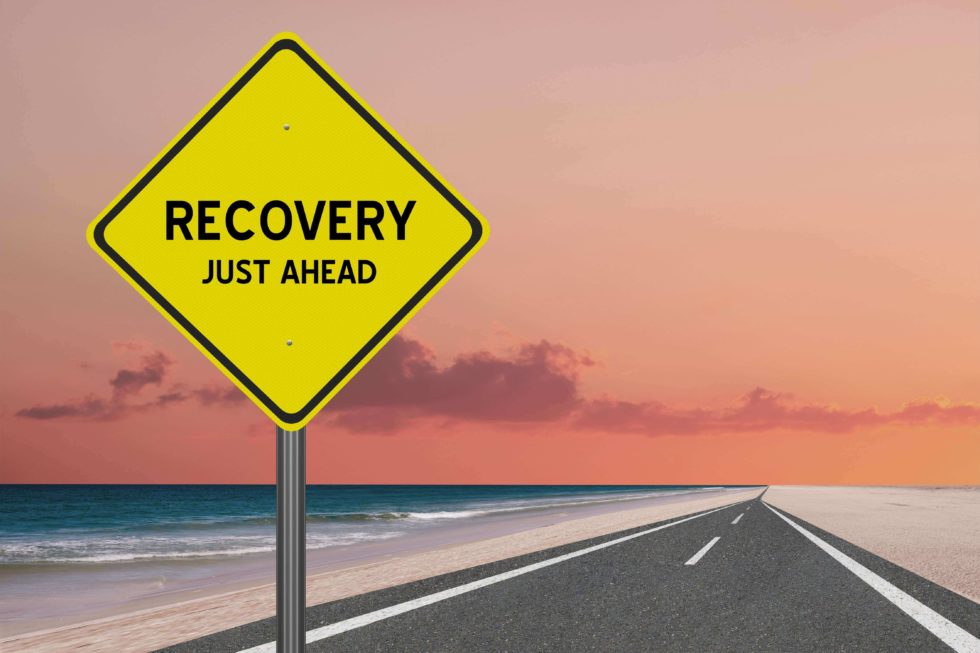INTRODUCTION
Substance abuse disorders (SUDs) occur very frequently and affect physical and emotional health. Because there is widespread harm associated with alcohol and drugs, social workers are likely to encounter SUD patients outside the specialty setting in varying settings.
Programs that help you to heal from substance addiction and behavioral problems can help you recover quickly. Twelve step programs will also aid the abstaining user in their life. Though 12-step programs may not fit everyone’s needs, they are generally used for the recovery and treatment of addiction.
The Twelve Steps of Alcoholics Anonymous (AA)
The 12 Steps is a treatment program for addictions and alcoholism based on the principles that the 12-Step program is a specialized program designed for helping individuals to achieve long lasting sobriety through treatment. The 12-step process outlines a path towards spiritual progress through an action plan aimed at triggering what The Big Books of Alcoholism Anonymous calls a “psycho-change”. The 12 Step plan will help with the development of a long-term rehabilitation plan. Therefore our treatment plan incorporates this teaching.
12-Step Programs

Alcoholics Anonymous pioneered the 12-Step Recovery Model in 1939. It is widely used today in many treatment centers around the world to help people overcome a variety of conditions, including drug and alcohol addiction.
The 12 steps are a great guide for helping people in recovery to live a life that is free from dependency on these substances.
The 12-Step model’s basic idea is that people can work together to overcome addictions and keep them from acquiring new ones. The 12-Step Recovery Program has two main components:
- Group setting These group meetings are where the 12 steps of recovery are discussed and implemented. This is where people can share their stories with others who have experienced similar problems, and find support in their efforts to improve their lives.
- A sponsor- Many people involved in the program look for a sponsor, who is a fellow recovering addict. This person acts as a mentor and provides guidance during times of crisis, when temptations to relapse become overwhelming.
The 12-Step Model provides a framework for people to overcome their addictions, deal with what they’ve been through and move on to a new way of life.
Alternatives to the 12-Step Model

Several aren’t interested or dislike 12-Step Methods. Some people are reluctant to believe that they could control addiction when they practice self-control during the recovery process. Several programs that follow this active control system include group groups like SMART Recovery. This group uses similar peer sharing model, but does not depend on surrender. They instead promote a person’s ability to exert control over the treatment of and the recovery of addiction.
The 12 steps with other treatments
According to a study by the National Institute of Drug Addiction Treatment Principles, based upon the NIDD titled The 12-Step Approach to reducing the time needed for treatment. Those who are undergoing the treatment will be given an opportunity to develop their own structures of care and support their recovery. Some programs also include the Twelve Steps encouraging clients to participate in 12-Step meetings and integrating 12-Step concepts into practice.
The history of the 12-Step Program
Alcoholics Anonymous was the original idea for the 12-Step model in 1938 by founder Bill Wilson. Several people who struggled with alcoholism shared their stories and experiences to help others. Wilson’s work was published in what is now called the “Big Book”. As detailed from AA site records they are developed using synthesizes from other educational materials which include six-step training endorsed by an organization called Oxford Group.
The purpose of the 12 steps

The Twelve Step Program was developed by Alcoholics Anonymous in order to provide a guideline for overcoming alcoholic addictions. It was successful enough to allow others to modify their programs to their addiction or behavior. Many 12-Step Programs can help people overcome various addictive behaviors. Although these 12 steps are rooted in spiritual principles, some non-religious people are extremely happy with this program.
The 12 Steps Of Alcoholics Anonymous
Because recovery can take many years, there’s no wrong way of approaching these twelve steps. Most participants in the study find themselves having to go back a little bit as their recovery progresses. Steps one, two or three are considered the base for a 12-step program and should be practiced daily. This is how Alcoholics Anonymous defines the twelve steps.
Here are the 12 Steps as defined by Alcoholics Anonymous:
1. We admitted we were powerless over alcohol–that our lives had become unmanageable.
2. Came to believe that a Power greater than ourselves could restore us to sanity.
3. Made a decision to turn our will and our lives over to the care of God as we understood Him.
4. Made a searching and fearless moral inventory of ourselves.
5. Admitted to God, to ourselves and to another human being the exact nature of our wrongs.
6. Were entirely ready to have God remove all these defects of character.
7. Humbly asked Him to remove our shortcomings.
8. Made a list of persons we had harmed, and became willing to make amends to them all.
9. Made direct amends to such people wherever possible, except when to do so would injure them or others.
10. Continued to take personal inventory and when we were wrong promptly admitted it.
11. Sought through prayer and meditation to improve our conscious contact with God as we understood Him, praying only for knowledge of His will for us and the power to carry that out.
12. Having had a spiritual awakening as the result of these steps, we tried to carry this message to alcoholics and to practice these principles in all our affairs.






